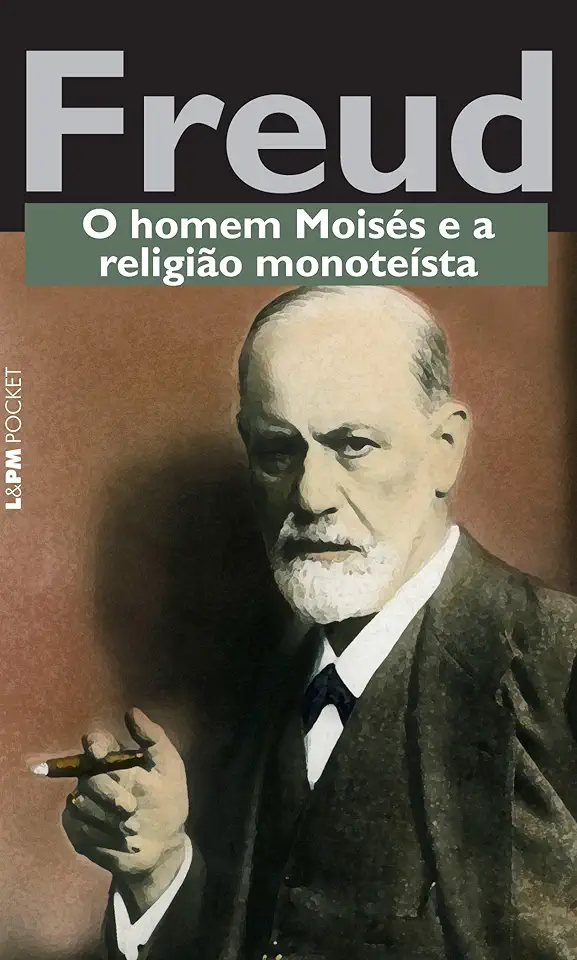
Moses and Monotheism - Sigmund Freud
Moses and Monotheism: A Groundbreaking Exploration of the Origins of Religion
In his seminal work, "Moses and Monotheism," Sigmund Freud delves into the depths of human psychology and history to unravel the enigmatic origins of religion. With meticulous research and profound insights, Freud presents a revolutionary theory that challenges conventional beliefs and sheds new light on the development of monotheism.
The Moses Hypothesis: A Radical Departure from Traditional Narratives
At the heart of Freud's theory lies the provocative Moses hypothesis, which challenges the traditional biblical narrative. Freud argues that Moses, the revered leader who liberated the Israelites from Egyptian bondage, was not a Hebrew but an Egyptian. This bold assertion challenges the long-held belief in Moses as a Hebrew prophet and raises intriguing questions about the origins of Jewish monotheism.
The Murder of Moses: A Catalyst for Religious Transformation
Freud's theory takes a dramatic turn as he proposes that Moses met a tragic fate at the hands of his own people. He suggests that Moses' murder, driven by resentment and resistance to his strict monotheistic teachings, became the catalyst for a profound religious transformation. This pivotal event, Freud argues, led to the Israelites' collective guilt and the subsequent emergence of monotheism as a way to atone for their crime.
The Evolution of Monotheism: From Polytheism to the One God
Freud traces the evolution of monotheism from its polytheistic roots. He posits that the Israelites initially worshipped a pantheon of gods, reflecting the prevalent religious beliefs of the ancient world. However, through a complex psychological process, the figure of Moses became deified, and his teachings were transformed into the foundation of a monotheistic faith.
The Impact of Moses and Monotheism on Psychoanalytic Thought
"Moses and Monotheism" transcends the boundaries of religious studies and makes significant contributions to psychoanalytic thought. Freud's exploration of the psychological dynamics underlying religious belief and the role of guilt and trauma in shaping religious development has had a profound impact on the field of psychoanalysis.
A Masterpiece of Interdisciplinary Scholarship
"Moses and Monotheism" stands as a masterpiece of interdisciplinary scholarship, blending history, psychology, and anthropology to provide a comprehensive understanding of the origins of religion. Freud's groundbreaking work continues to challenge and inspire scholars, theologians, and psychoanalysts alike, leaving an indelible mark on our understanding of the human psyche and the evolution of religious thought.
Why You Should Read Moses and Monotheism:
- Embark on an intellectual journey that challenges conventional beliefs and explores the enigmatic origins of religion.
- Delve into Freud's provocative Moses hypothesis and uncover the hidden truths behind the biblical narrative.
- Gain insights into the complex psychological dynamics that shape religious belief and the role of guilt and trauma in religious development.
- Broaden your understanding of the evolution of monotheism and the transition from polytheism to the worship of the One God.
- Experience the interdisciplinary brilliance of Freud's work as he seamlessly integrates history, psychology, and anthropology to provide a comprehensive analysis of religious phenomena.
"Moses and Monotheism" is a must-read for anyone seeking to deepen their understanding of religion, history, and the human psyche. Freud's groundbreaking work will challenge your assumptions, stimulate your intellect, and leave you with a profound appreciation for the complexities of human belief and behavior.